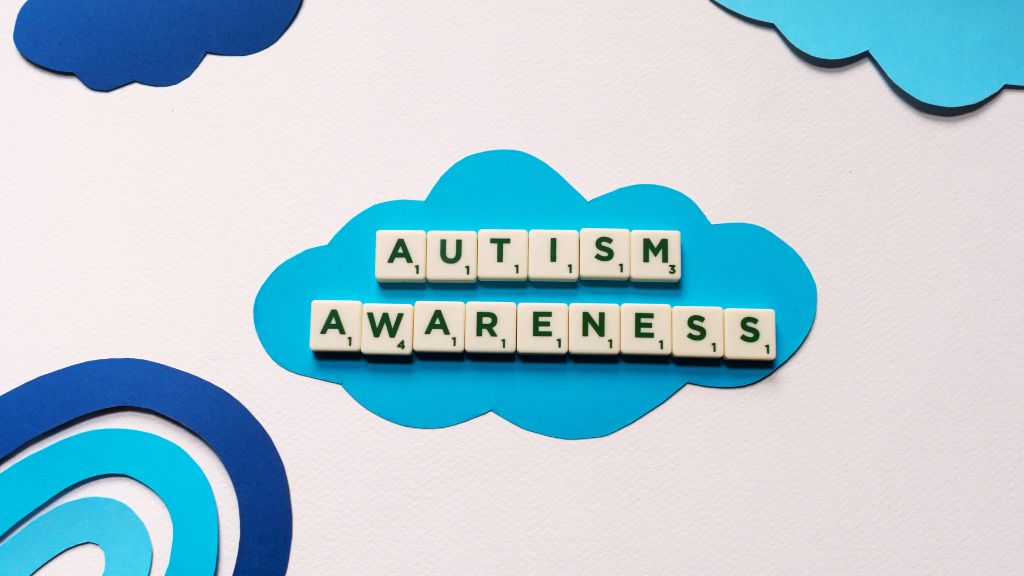Autism and Law Enforcement: Creating Safer Interactions Through Understanding
The relationship between autism and law enforcement can be complex and challenging to navigate. Autism affects how a person communicates, understands information, and interacts with their surroundings. This unique way of managing sensory sensitivities means that behaviors that might be seen as suspicious or criminal by police could actually be responses to the challenges autism presents, such as feeling overwhelmed by sounds or lights, being confused, or trying to calm themselves down.
Autism and Law Enforcement: Creating Safer Interactions Through Understanding Read More »













